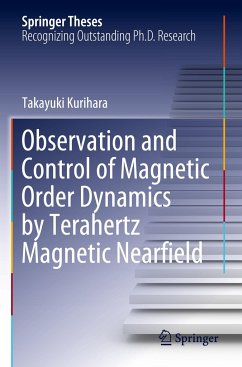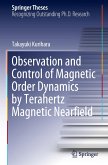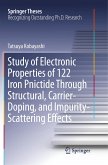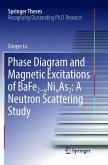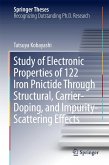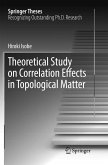This book explicates the optical controls of antiferromagnetic spins by intense terahertz (THz) electromagnetic waves. The book comprises two key components: (1) the experimental demonstration of the enhancement of a THz magnetic field using a split-ring resonator (SRR) and (2) the control of the direction of magnetization by using the enhanced THz magnetic field to break the symmetry of optically-induced phase transition. These make up the first step leading to future spintronics devices.
In the beginning of the book, the author reviews the basics of the ultrafast laser and nonlinear optical techniques as well as the previously achieved experiments to control spin dynamics by THz magnetic fields. In this context, a new experimental protocol is described, in which electron spins in a ferromagnetic material are redirected at the unprecedented level in cooperation with the enhanced THz magnetic field. Subsequently, the author demonstrates that the THz magnetic field is significantly amplified as a nearfield around the SRR structured metamaterial, which is implemented by measuring spin precession in a solid. At the end, the author presents the key experiment in which the amplified THz magnetic nearfield is applied to the weak ferromagnet ErFeO3 along with the femtosecond near-infrared pulse, demonstrating the successful control of symmetry breaking of the spin system due to coherent control of the optically-induced spin reorientation phase transition pathways.
The comprehensive introductory review in this book allows readers to overview state-of-the-art terahertz spectroscopic techniques. In addition, the skillful description of the experiments is highly informative for readers in ultrafast magnonics, ultrafast optics, terahertz technology and plasmonic science.
In the beginning of the book, the author reviews the basics of the ultrafast laser and nonlinear optical techniques as well as the previously achieved experiments to control spin dynamics by THz magnetic fields. In this context, a new experimental protocol is described, in which electron spins in a ferromagnetic material are redirected at the unprecedented level in cooperation with the enhanced THz magnetic field. Subsequently, the author demonstrates that the THz magnetic field is significantly amplified as a nearfield around the SRR structured metamaterial, which is implemented by measuring spin precession in a solid. At the end, the author presents the key experiment in which the amplified THz magnetic nearfield is applied to the weak ferromagnet ErFeO3 along with the femtosecond near-infrared pulse, demonstrating the successful control of symmetry breaking of the spin system due to coherent control of the optically-induced spin reorientation phase transition pathways.
The comprehensive introductory review in this book allows readers to overview state-of-the-art terahertz spectroscopic techniques. In addition, the skillful description of the experiments is highly informative for readers in ultrafast magnonics, ultrafast optics, terahertz technology and plasmonic science.

